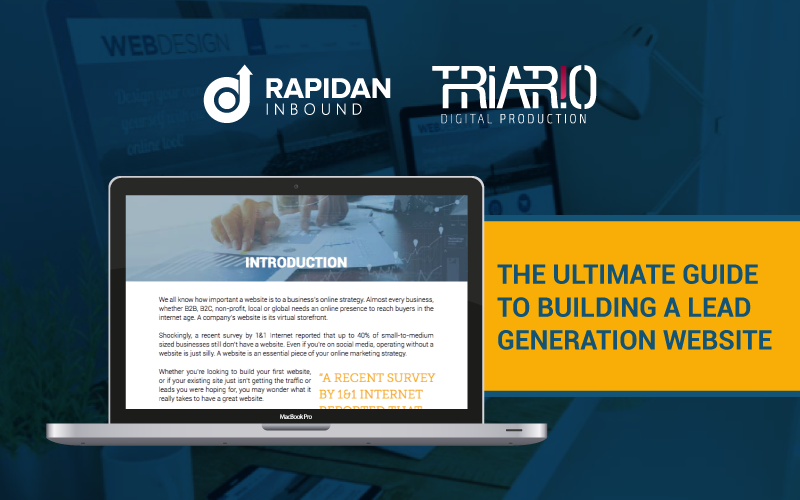 Is your business still playing by the old rules of SEO? Gone are the days when stuffing a website with keywords, paying for reciprocal backlinks, or spinning articles could drive website traffic. Thanks to Googles game-changing Panda and Penguin algorithm updates, quality content and social interactivity are the deciding factors for search engine success. Customer experience optimization is the new SEO.
Is your business still playing by the old rules of SEO? Gone are the days when stuffing a website with keywords, paying for reciprocal backlinks, or spinning articles could drive website traffic. Thanks to Googles game-changing Panda and Penguin algorithm updates, quality content and social interactivity are the deciding factors for search engine success. Customer experience optimization is the new SEO.
In the last few years, Google released major updates to its search engine algorithm. Collectively known as the Panda, Penguin and Hummingbird updates, these changes prioritize content quality and sociability while penalizing websites for keyword stuffing, buying reciprocal back links, and using article spin services. In short, the Google algorithm updates ushered in a new era of SEO where customer experience dominates. Has your business kept up with these changes?
If you cant make heads or tails of Panda, Penguin and Hummingbird, your'e forgiven Google released more than 500 algorithm updates in 2012 alone, which is enough to make anyones head spin. However, as SEO rules evolve to emphasize content quality and sociability, you must refine your website optimization or strategy or get buried at the bottom of search results.
Follow these three steps to get your businesss web strategy back on track.
#1: Optimize for customers, not page rank.
Old-school SEO tricks hurt, rather than help, your websites ranking. In fact, stop worrying about page rank all together. Rather than obsessing over where your website falls in Googles search results, spend your energy optimizing content for customers, not a web crawler. What does customer optimization mean? It means identifying what makes your company unique and using this value proposition to connect with customers through social media marketing and content marketing. When you connect with customers, your page rank will naturally improve no keyword stuffing necessary.
#2: Implement strategic social media marketing.
The Panda and Penguin updates now factor sociability into website ranking. Content that is sociable as defined by the number of shares, comments, tweets and likes it receives will now rank higher in search engine results. This is because Google's algorithm considers content that is shared via social media to be more relevant and useful than content that simply sits on your website.
So how can you get your own content shared, liked and re-tweeted? While it's tempting to tweet a steady stream of company blog posts, don't. No one wants to be spammed with daily updates from a company blog. Instead, re-tweet meaningful content that engages your customer base and establishes yourself as a trusted and credible industry expert. Yes, sharing content created by others may seem backwards at first, but doing so is the best way to cultivate a relationship with your customers.
When customers see that the information you share is interesting and meaningful, they are more likely to start following your business, pay attention to your own blog posts, and share your business's content, too.
#3: Forget about Google.
Yes, Google is still king of the search engines. However, too many businesses worry about creating content thats perfectly optimized for Google, rather than writing content thats actually useful for customers. Writing for search engines is a mistake: given Googles ever-changing algorithm, one day your site could be on top, and the next day your page rank could crash to the bottom.
Instead, make your website a real reflection of your business. Publish content that is fresh, relevant and creative rather than worrying about the number of keywords or inbound marketing links. Give away a free eBook on your website, create an infographic highlighting industry trends, turn an existing white paper into a how-to article, or publish a weekly Q&A blog and solicit your social media followers for questions.
Customers will naturally share this content, giving your website an organic boost in search results. Most importantly, you will be cultivating a long-lasting relationship with your customers and building a powerful online brand. That's far more valuable than a temporary bump in page rank.
Old-school SEO is dead. It's not enough to optimize your website for a targeted list of keywords and hope that qualified buyers will come to your website. You need to create compelling content and share it on social media. If it's good, others will share it on their social media networks. Create content for your prospects, not for search engines, and you will reap the SEO benefits.







